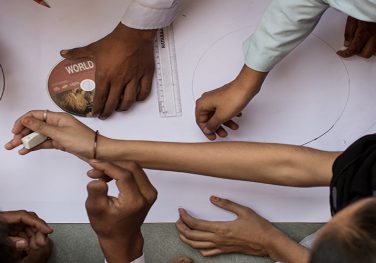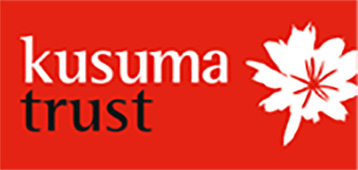Evaluating the Kusuma Foundation’s SUGAM programme
Improving school governance in India’s schools
Effective school governance is critical to improving the quality of secondary education in India and community participation is key to strengthening the accountability of schools to the communities they serve. But we know that in the schools we work in, many children are first generation learners and so parents and other community members often lack the time, skills or knowledge about their roles and responsibilities to participate fully.
The SUGAM programme was developed by the Kusuma Foundation to promote effective school governance in all government secondary schools across Uttar Pradesh. It offered tailored, accessible training for teachers and community members on their roles and responsibilities over three years (2015-2018). Head teachers, subject teachers and community members were encouraged to work together to produce a school annual plan, implement it and monitor progress. Community members were encouraged to speak up in meetings and raise questions about their school’s effectiveness.
- Head teachers had a key role to play in supporting community members to participate in training sessions and play an active role in school planning and development.
- Most school staff and community members said that they needed post-training support (for example, an advice telephone line) to help them put new learning into practice in their schools.
- Findings showed how important it is to provide professional development opportunities for head teachers on school leadership.
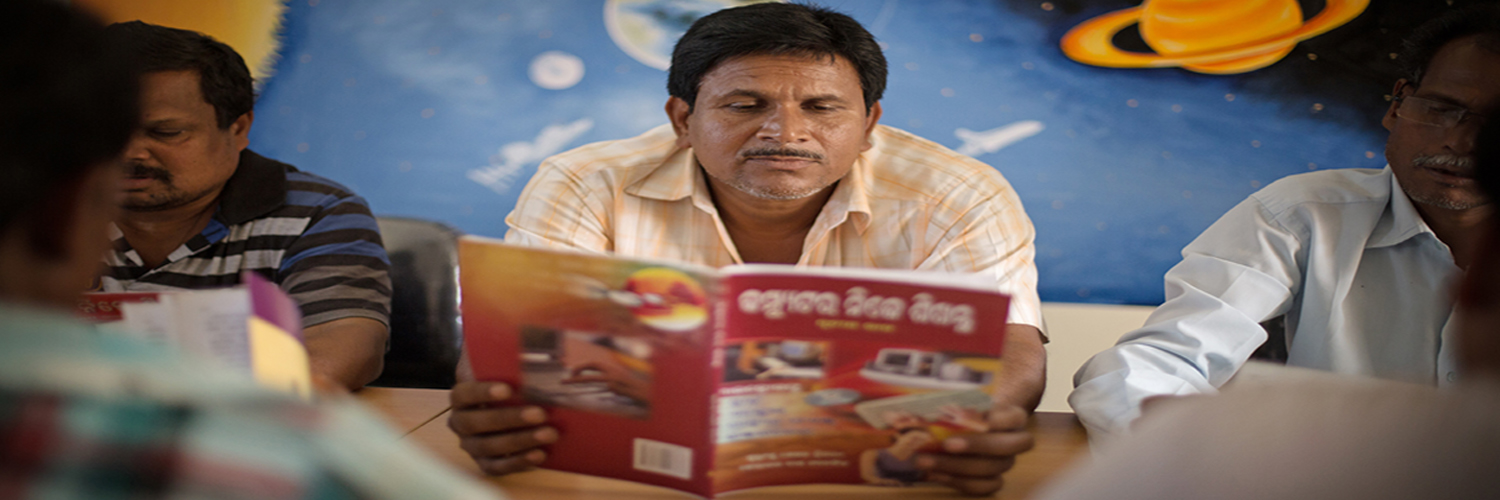
How effective was SUGAM?
In 2018, the Kusuma Trust commissioned an independent retrospective evaluation of SUGAM in 14 government secondary schools (8 in Hardoi and 6 in Lucknow districts) to find out what helps or hinders effective school governance. In each case study school, researchers interviewed head teachers, teachers and community representatives on School Management Development Committees, reviewed school annual plans and toured school premises to identify evidence for progress in improving school facilities..
Results showed a range of positive outcomes, including:
More annual plans completed: Before SUGAM, only 4 out of 14 schools had prepared a annual improvement plan, which are compulsory. At the end of the programme, a majority (12) of schools evaluated had completed one. Schoolsthat received post training support from Kusuma Foundation staff produced the most comprehensive plans.
Better understanding of roles and responsibilities: Overall, School Management Development Committee members said SUGAM training had a positive impact on their understanding of their roles and responsibilities. Trainers and their materials were accessible and easy to understand, helping people without prior experience of these kinds of activities to take part in training sessions.
More confidence, wider participation: Community members, particularly women and parents with low learning levels, said they felt more confident to get involved in school governance.
Read more of the findings of the Summary Report here.
More Success Stories
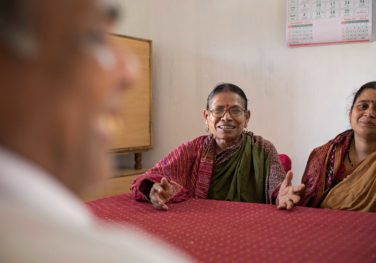
School Management and Development Committees – Kusuma Foundation
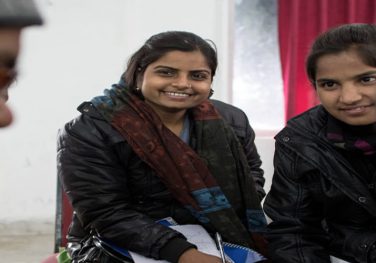
Vigyan Foundation, Parwaaz project
